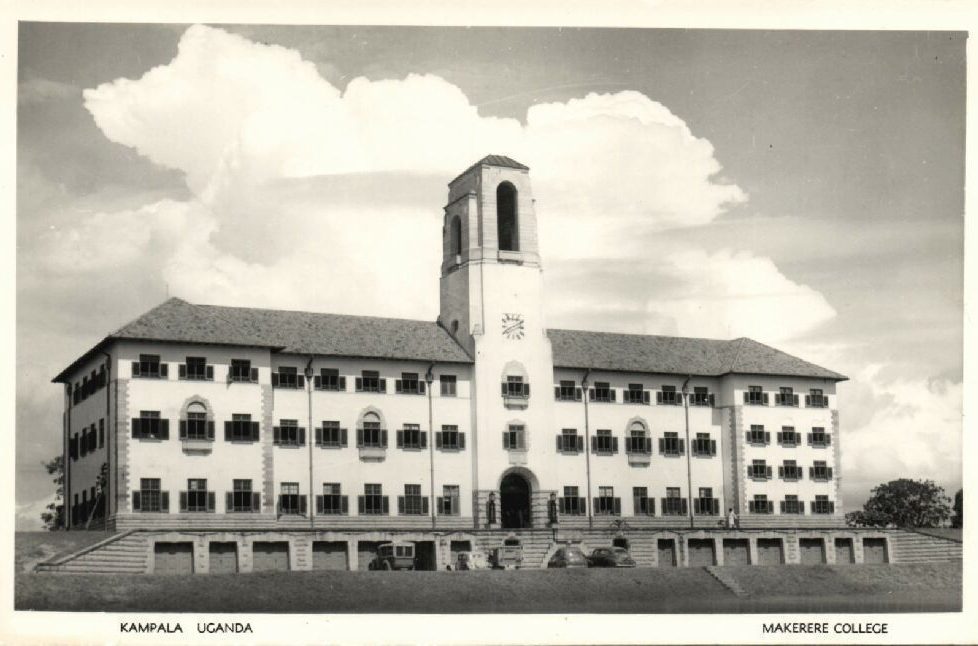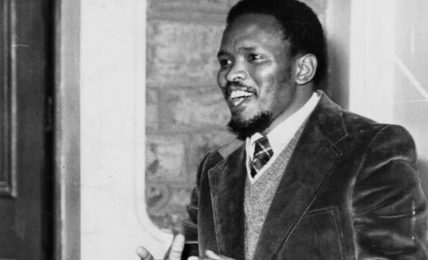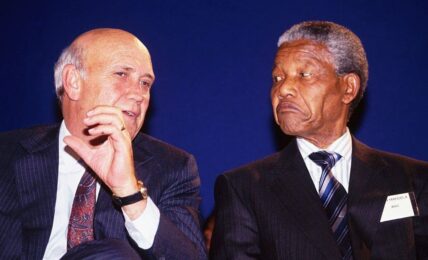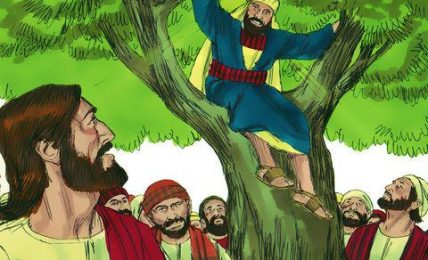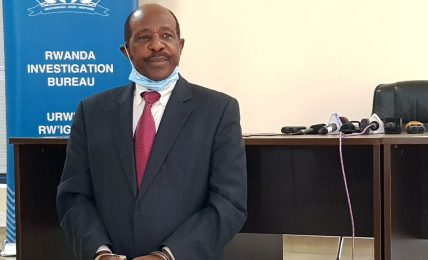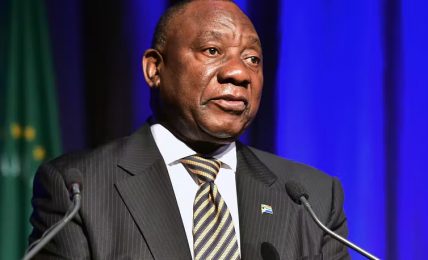Beyond the Skies, It’s Makerere Old Boys’ Bash
Beyond the skies, Mwai Kibaki will reunite with fellow old boys of Makerere who also served as presidents. Milton Obote, Yusuf Lule, Godfrey Binaisa, Ben Mkapa, and—the diamond of them all—Julius Kambarage Nyerere.
